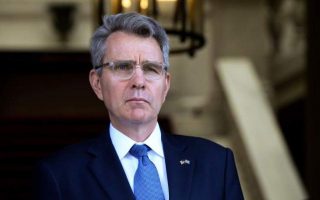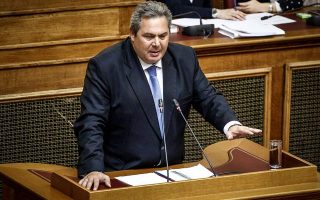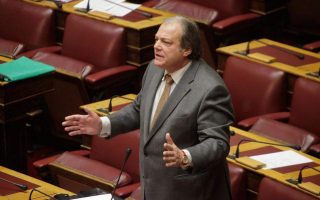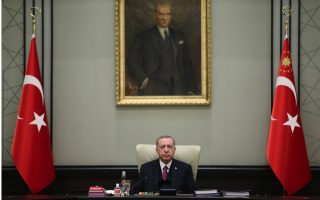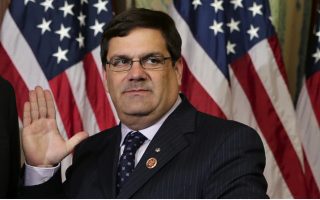Fears of period of instability due to rising Turkish aggression
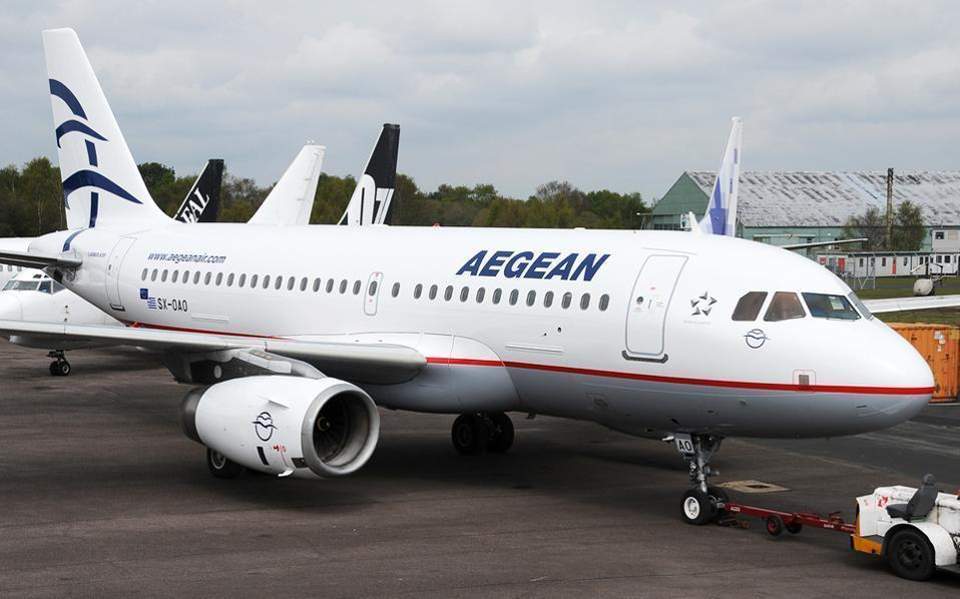
The apparent inability of Western powers to dissuade Ankara from its increasingly aggressive stance in the Eastern Mediterranean and Aegean is fueling concerns in Athens about a difficult period ahead as tensions are likely to rise on the domestic level too ahead of general elections.
An EU-Turkey summit in Varna, Bulgaria, last month, where European Union officials called on Ankara to stop its violations and free two Greek soldiers being detained in Edirne, yielded little in the way of concrete benefits for either Athens or Brussels.
The outcome was widely anticipated in Athens, however, where government officials are now scrambling to adapt to the potential repercussions of Turkey’s continued aggression, which is expected to continue for several months, or at least until Ankara manages to wring some concessions from the EU.
There are concerns in the ranks of the Greek government that tensions will heighten further in the summer, when the country is scheduled to exit its third international bailout, as that will also mark the beginning of a pre-election period.
Elections are scheduled for next year though there is speculation that they could be brought forward in the event of political upheaval.
In view of this, government officials are expected to reach out to opposition parties again over the coming period in a bid to achieve some consensus on issues of major national interest such as Greek-Turkish relations and the “Macedonia” name talks.
Foreign Minister Nikos Kotzias is expected to meet with party leaders in the coming days to seek their support.
A key issue that continues to strain ties between Athens and Ankara is the continued detention of two Greek soldiers who accidentally crossed the border in early March and have been in a Turkish prison since then.
At the Varna summit, EU officials called on Ankara to free the men.
In a recent telephone conversation with Russian President Vladimir Putin, Prime Minister Alexis Tsipras asked for the latter to urge officials in Ankara to release the soldiers.
